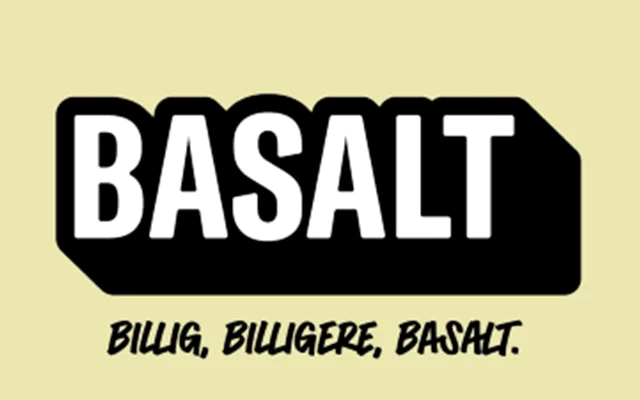Basalt Salling Closes
Basalt Salling closes after only 7 months
The shop Basalt Salling has been closed after only being active for 7 months. The main reason for this is that the Salling Group (which also owns Netto, Føtex and Bilka) no longer thinks it is good business to keep the stores open. However, it will still be a few months before the Basalt stores close, and via this link here you can see all their fantastic prices.
11 existing Basalt Salling stores will be closed
The closure means that 11 current stores will close and that two planned store openings will not materialize. These are the stores in Nakskov and Greve. This angers some of the citizens of these cities
An assessment of the reasons for the shutdown
It was surprising news from Basalt Salling – one of Denmark’s most recognized retail companies – that they have decided to close their popular store chain Basalt. Basalt Salling has been a favorite among many consumers in recent years and the closure has raised many questions about the reasons behind this decision. In this article we seek to understand why Basalt Salling has been closed.
Markedly changed consumption habits are probably a reason for the shutdown
One of the main reasons for Basalt’s closure can be attributed to changing consumer habits. In recent years, there has been a significant increase in online shopping and e-commerce, which has affected the retail sector as a whole. Consumers in Denmark increasingly prefer to shop online due to convenience, wider selection and competitive prices. This change in consumer behavior has resulted in a decrease in store visits and thus a reduced turnover for physical ultra discount retail stores such as Basalt.
The Basalt chain was launched with the aim of countering the rising prices
“When we created Basalt, the world looked different than it does today. Fortunately, energy prices have fallen, and we take a brighter view of the inflation trend than we did a year ago,†said Henrik Nielsen, chain manager at Basalt. In the Basalt stores, only the most basic daily goods were on the shelves, and no refrigerated and frozen goods were sold, with the exception of a single store. This was to keep energy costs down.
Consumers had to decide how far the concept would go!
It was already said by Per Bank, chief executive of the Salling Group, when the first stores opened in October, that it would be the consumers who would decide how far the concept would go. And it appears that consumers haven’t spent enough money in stores for the concept to be profitable.
“As usual, we do not comment on turnover, but it is clear that we have not had a profitable business,†Henrik Nielsen has previously stated.
It cannot be settled in kroner and øre, because we have gained a lot of experience that we can use in the future in the Salling Group.
Constantly increasing competition
Competition within the retail trade has intensified in recent years. Several new players have entered the market and made all store chains significantly more challenged than before. The new competitors are often more innovative and offer unique buying experiences to attract consumers. The very simple concept that Basalt Salling has been running has obviously not worked. You can rate it yourself via this link
Lack of differentiation
Another factor that has contributed to Basalt Salling’s closure is a lack of differentiation. It is essential for retailers to create a differentiated identity and offer products or services that differ from the competition. Basalt has – despite their otherwise basically unique concept – failed to differentiate themselves sufficiently from other stores on the market. This has undoubtedly resulted in a lack of influx of customers and thus lower turnover.
Financial challenges
The retail sector has been challenged by rising costs such as rent, wages and marketing. These financial challenges have undoubtedly affected Basalt’s profitability
and made it difficult for the store chain to maintain a sustainable business model. If Basalt has had difficulty generating sufficient revenue to cover costs, a closure may have been the most financially sound decision.
What will happen to the shops?
The Basalt stores at 4 of the addresses will once again become Netto stores. This applies to the stores in Kastrup, Odense, Glostrup and Næstved. The other stores will be closed completely. At the same time, Salling Basalt states that the employees in the current Basalt will either remain in the store when it is transformed into a Netto store, or be offered another position in a nearby Netto. Salling Basalt states that this concerns 219 employees.



